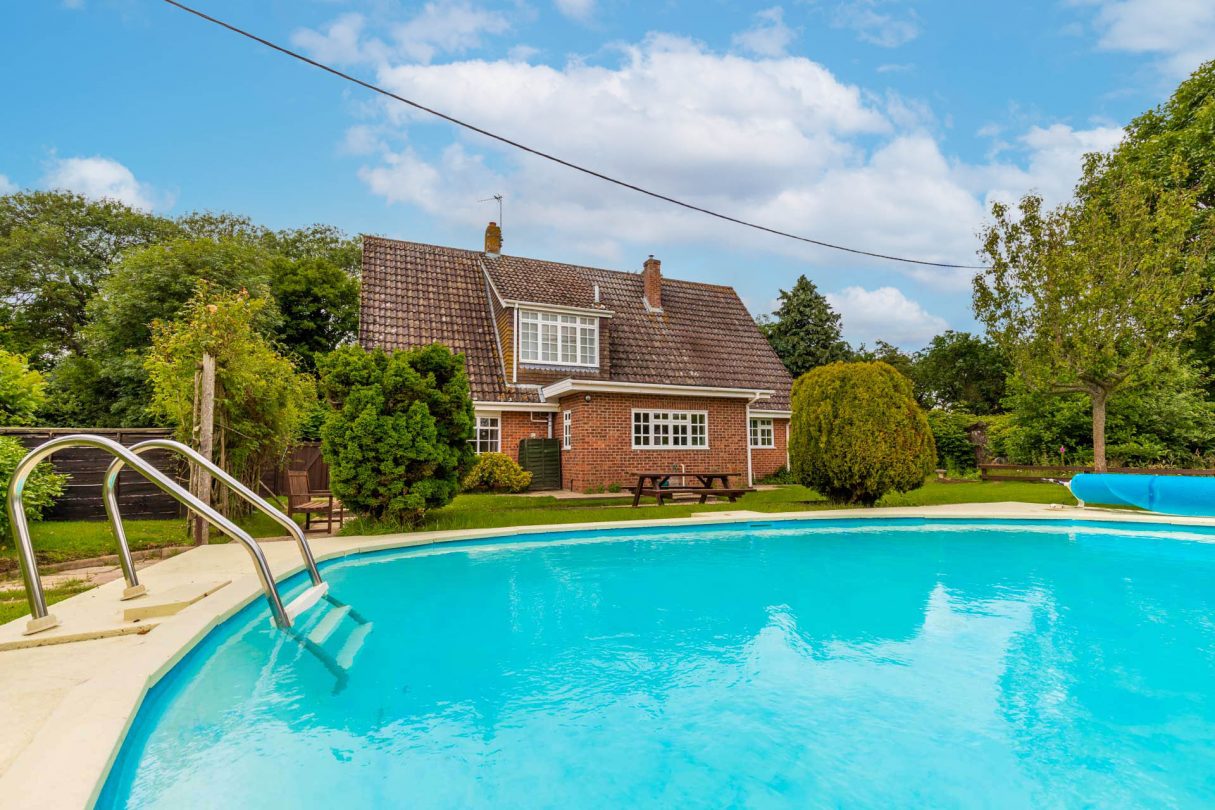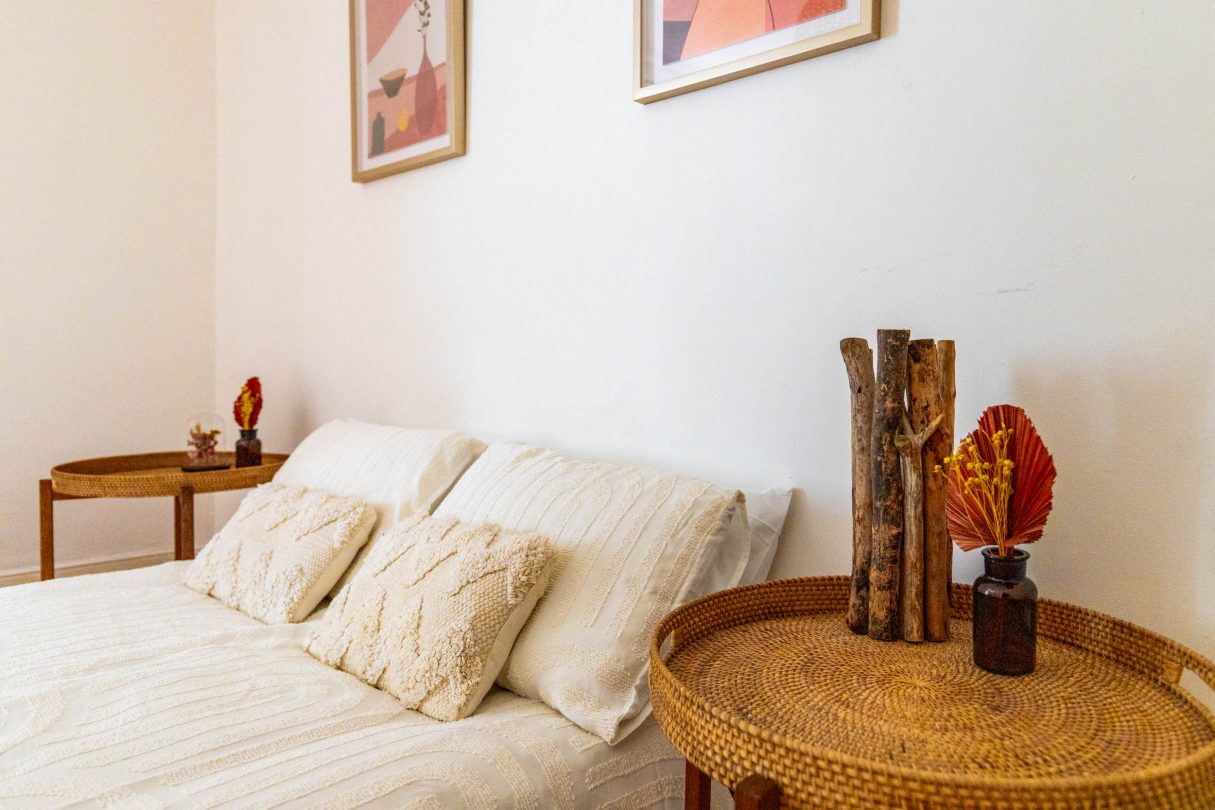Pricing Your Airbnb And Holiday Home: A Comprehensive Guide
Pricing your holiday rental can be a challenging but essential task for holiday home owners. Setting the right price is crucial to attracting guests and maximizing your revenue. There are numerous factors to consider when determining your rental’s rate. In this guide, we’ll walk you through key considerations to help you set a competitive price for your property.
1. Location Matters
Your rental’s location plays a significant role in pricing. Consider the proximity to popular attractions or amenities like the beach or city centre. A property close to these attractions can command a higher price, while those further away may need to be priced more competitively.
2. Size and Bedrooms
The size of your property and the number of bedrooms are self-explanatory factors. Larger properties that can accommodate more guests can generally demand a higher price.
3. Highlight Your Unique Selling Points
What sets your property apart from the competition? It’s not just about hot tubs and swimming pools; it’s also about unique décor and furnishings that enhance the guest experience. Identify what makes your property stand out and leverage it in your pricing strategy.

4. Demand for Specific Features
The demand for certain features varies by location. For instance, a parking space in a city centre may significantly increase your rental’s value. Analyse what features are in high demand in your area and price accordingly.
5. Seasonality
Consider adjusting your pricing seasonally based on demand and competition. High tourist seasons, holidays, and local events can affect demand and allow you to charge more during peak times.
6. Day of the Week
Typically, weekends, especially Friday and Saturday nights, are more valuable. However, you may find that certain weekdays, like Tuesdays and Wednesdays, have lower demand. Adjust your pricing accordingly to maximize occupancy and revenue.
7. Booking Lead Time
Track the time between booking and arrival to determine when to adjust prices for maximum occupancy. Offering discounts or raising prices strategically can help attract more bookings.

8. Analyse Your Competition
Study your competitors’ pricing strategies. You may choose to match their rates or find ways to add extra value to your guests’ stay, justifying a higher price.
9. Account for Costs
Factor in all expenses, including mortgage, bills, taxes, insurance, cleaning, laundry, and other operational costs. Knowing your per-night expenses helps set a price that ensures healthy profit margins.
10. Utilize Pricing Tools
To navigate this complex pricing landscape, consider using holiday rental pricing tools. Platforms like AirDNA and Transparent Intelligence provide valuable data and market insights, helping you establish a more nuanced pricing structure.

11. Consider Modern Pricing Tools
If you find it challenging to manage pricing manually, consider using pricing tools such as Beyond Pricing, PriceLabs, or Wheelhouse. These tools employ algorithms that consider factors like demand levels, seasonality, occupancy, and local events to optimize your pricing strategy. They offer an innovative approach, though they may not suit every property.
12. Guest Reviews and Ratings
Positive reviews and high ratings can significantly impact your property’s desirability and, subsequently, your pricing potential. Encourage guests to leave reviews, maintain your property well, and respond promptly to any issues to build a strong reputation.
By carefully considering these factors and utilizing available tools, you can develop a competitive pricing strategy for your holiday home, attracting more guests and maximizing your rental income. Remember, pricing is not static; regular evaluation and adjustment are essential to stay competitive in the holiday rental market.